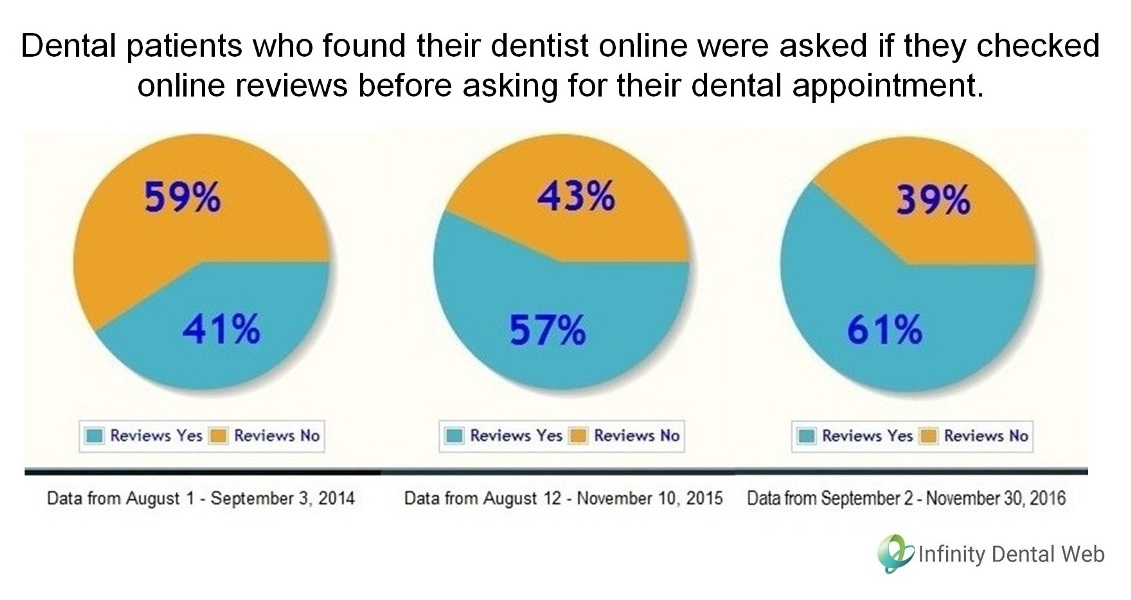
It’s 2018. Is Your Internet Marketing Stuck in 2012?January 5, 2018 by AACD Executive OfficeBy David A. Hall, DDS, AAACD - President, Infinity Dental Web The Growing Sophistication of Website VisitorsI remember when it was all about getting a #1 ranking on Google. If you had that top spot, people would call. They were very forgiving of a poorly designed website or awkward navigation. Over the past five years, however, competition has ramped up, and visitors have been getting more discriminating. Our research shows that patients seeking a cosmetic dentist will check out three to five websites and will call the dentist with the website that impresses them the most. If the website looks old fashioned or doesn’t generate a feeling of trust, they’ll go to the next one. The Old SEO Tricks Don’t Work Any MoreBeginning with its Penguin update in 2012, Google has been waging war on what it calls “website over-optimization.” Basically this means that rather than rewarding the old SEO tricks that we used to use, they now penalize them. It used to be that we could use meta tags and link-building strategies to deliver high rankings rather quickly. Not so any more. Now Google rewards quality websites with a good user experience, quality content, and an up-to-date design.
The Growing Importance of ReviewsAccording to surveys by BrightLocal, in 2010, 21% of consumers said they regularly used online reviews in selecting a business to patronize. That number has increased steadily and passed 50% in 2016. For some businesses such as restaurants and hotels, as many as 80% of consumers will consult online reviews. Here at Infinity Dental Web we constantly monitor the use of reviews by prospective dental patients. In 2014, 41% of patients requesting an appointment reported to us that they had used online reviews to help them make their decision. Last year, that increased to over 60%.
People are also getting more discriminating as far as which review platforms they will trust. More people trust Yelp, for example, than Google reviews. People also give low credibility to reviews posted on your website, as opposed to reviews posted on a trusted reviews platform. But if people believe the online reviews are authentic; BrightLocal’s 2017 survey reports that 84% of them say they trust them as much as a personal recommendation. Enter Government RegulationOver the past few years there has been some litigation over the issue of whether website accessibility is an issue covered by the Americans with Disabilities Act. While this litigation dates back as far as 2010, it was brought to the attention of dentists this past year when a lawyer in Texas began trying to drum up business by writing threatening letters to dentists alleging that their websites were not accessible to people with disabilities. SummarySo you’re into digital impressions, hard-tissue lasers, and metal-free dentistry. Congratulations—you’re staying up-to-date in the operatory. But it’s actually easier, less expensive, and more financially rewarding to bring your marketing up-to-date. |










